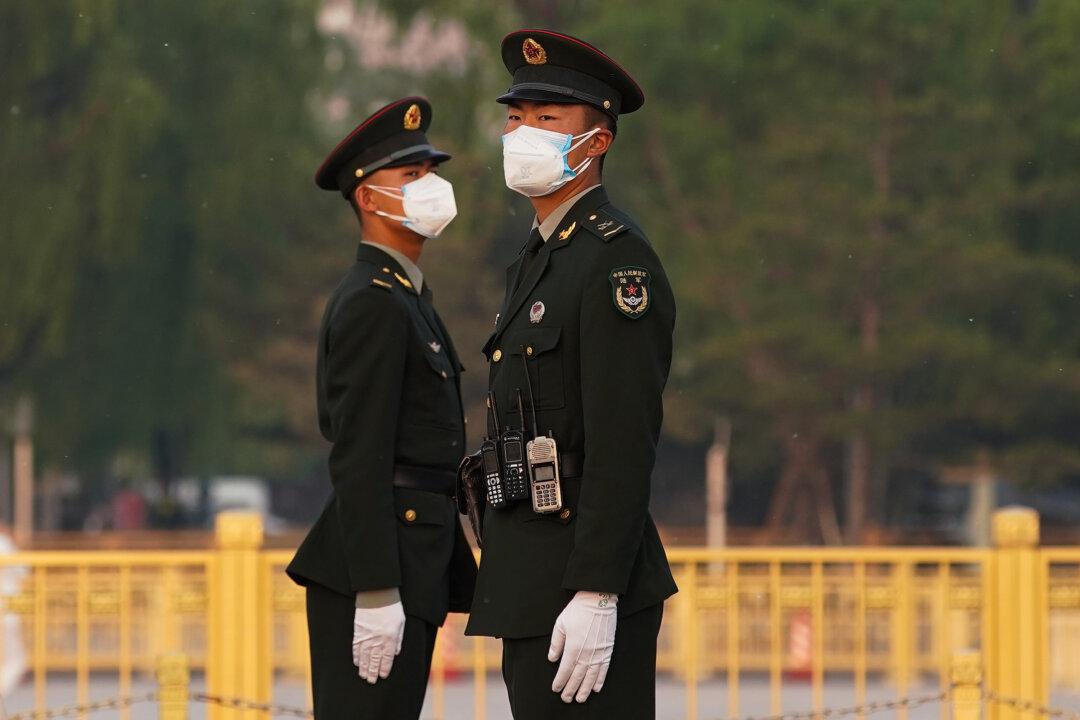Chinese authorities have been silent about the CCP virus outbreak in the capital of Beijing, but a local resident recently told The Epoch Times about the current situation inside the city’s quarantine centers, providing a glimpse into the tense atmosphere there.
Meanwhile, an internal government document revealed more details about how authorities monitor close contacts of confirmed patients.





